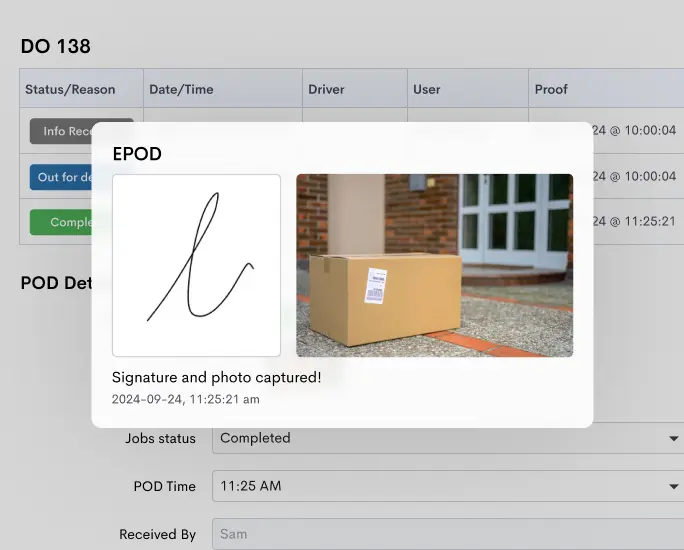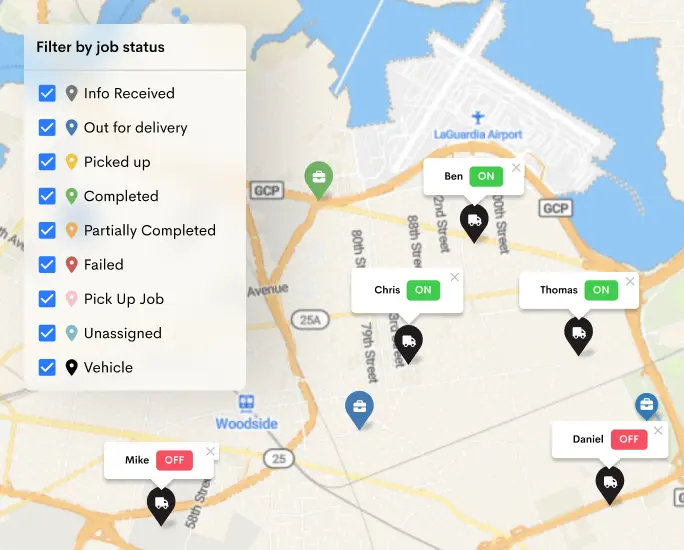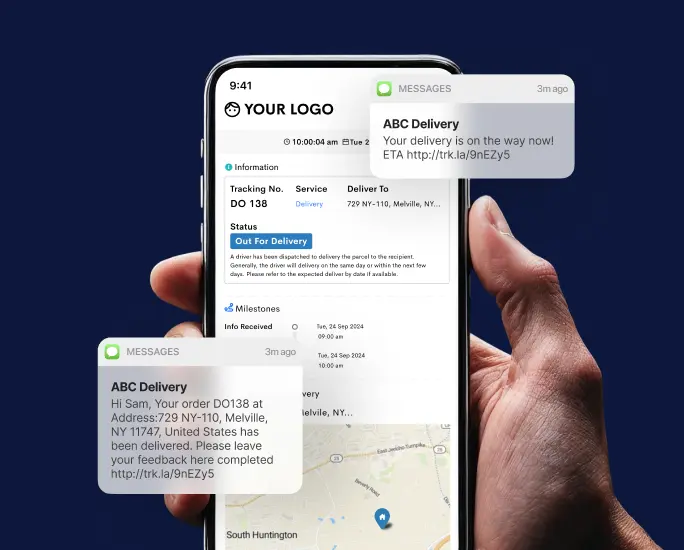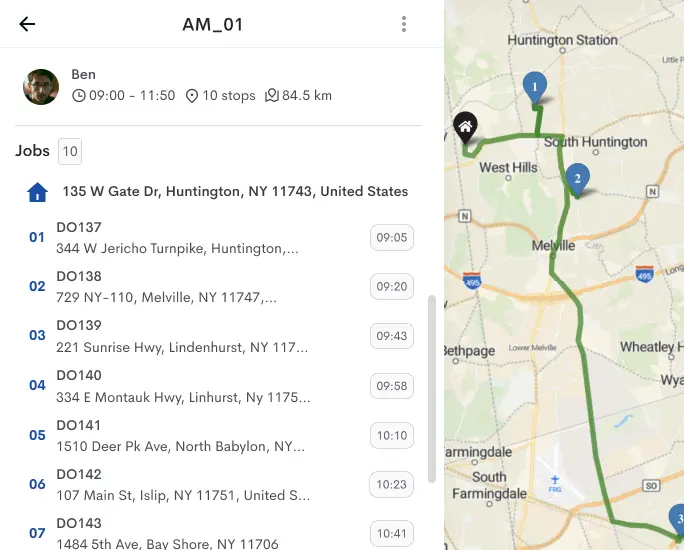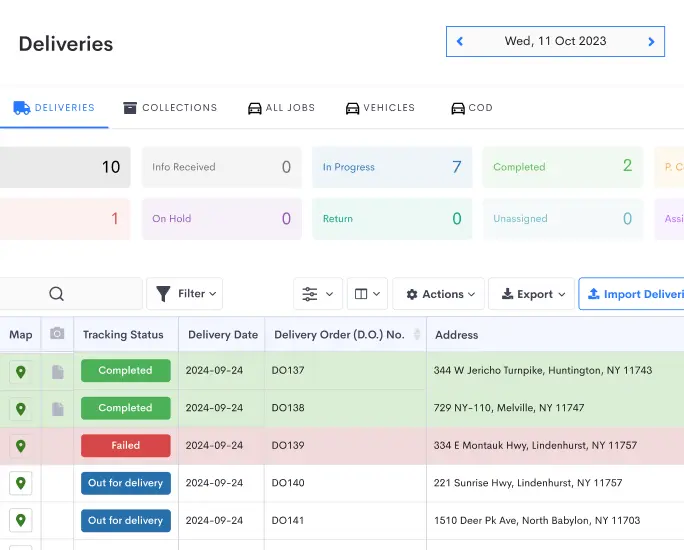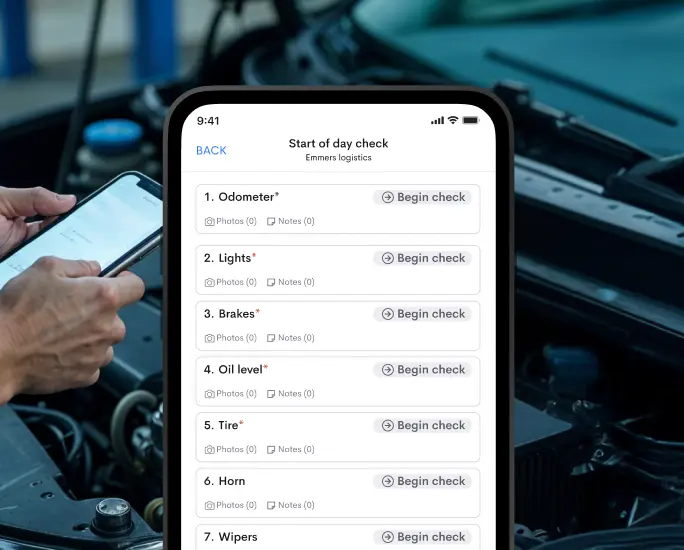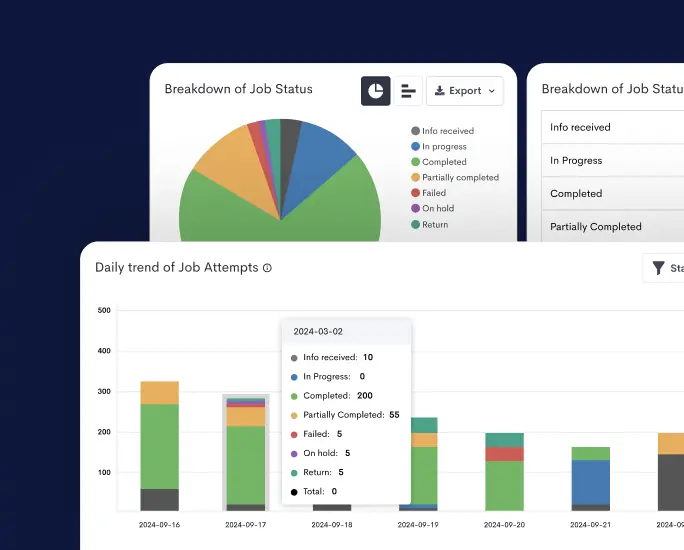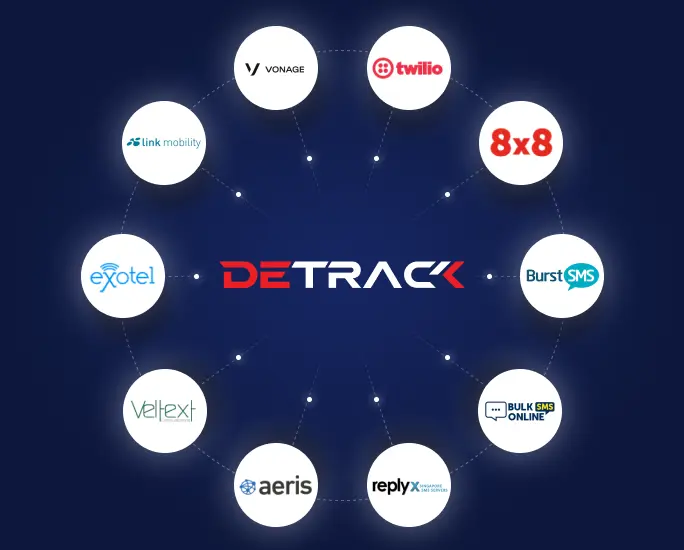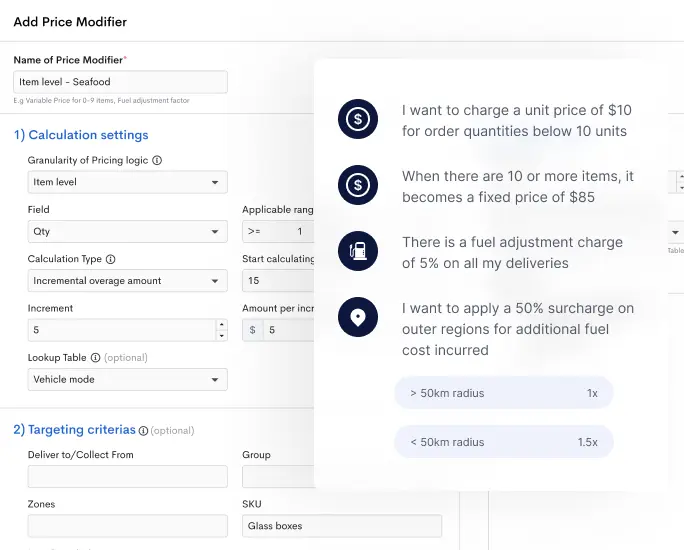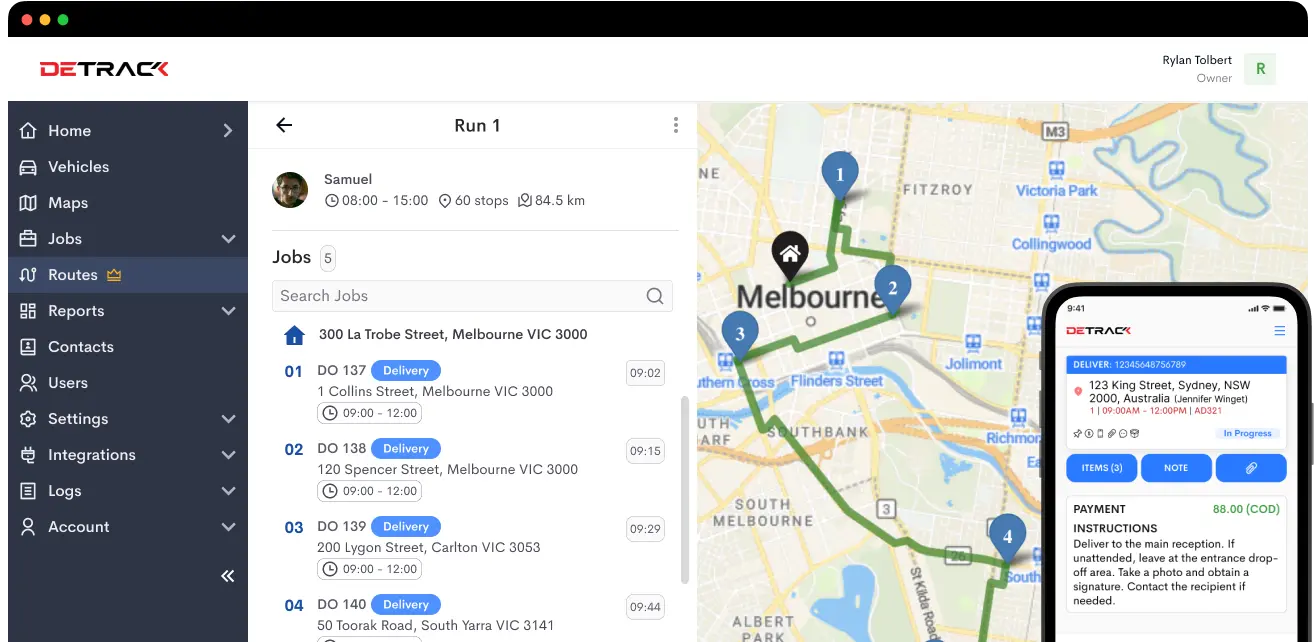Businesses continually seek innovative ways to optimize their operations and enhance customer experiences. One recent strategy that has gained traction is utilizing its own fleet for logistics and delivery.
However, this approach often faces skepticism and misconceptions despite its potential benefits. In this blog post, we aim to debunk some myths surrounding retail with own fleet and shed light on its true potential.
Retail with Own Fleet: Myths & Misconceptions
Myth 1: Only for Large Retailers
One common misconception is that establishing a retail with own fleet is feasible only for large retail corporations with extensive resources.
While it’s true that larger companies may have an advantage in terms of capital and infrastructure, the accessibility of technology and outsourcing options has made it increasingly viable for smaller retailers to adopt their own fleet solutions.
With the rise of on-demand delivery platforms and fleet management software, businesses of all sizes can streamline their logistics operations efficiently.
Myth 2: Increases Operational Costs
Another prevalent myth is that owning and managing a fleet of vehicles is prohibitively expensive, driving up operational costs for retailers.
While initial investments are required for vehicle acquisition, maintenance, and driver training, the long-term savings and operational efficiencies can outweigh these expenses.
By controlling the entire delivery process, retailers can optimize routes, reduce dependency on third-party logistics providers, and mitigate risks associated with service disruptions or quality issues.
Myth 3: Outsourcing Is Always More Cost-Effective
Outsourcing logistics and delivery to third-party providers is often perceived as more cost-effective than maintaining a fleet.
However, this assumption overlooks the hidden costs and potential drawbacks of outsourcing, such as fluctuating service fees, lack of control over delivery timelines, and limited flexibility in handling peak demand periods.
Retailers that opt for their own fleet can tailor their delivery operations to align with their specific requirements, which can lead to improved cost efficiency and customer satisfaction in the long run.

Myth 4: Not Environmentally Friendly
Concerns about environmental sustainability are becoming increasingly important for businesses and consumers alike. Some critics argue that operating a fleet of vehicles contributes to carbon emissions and environmental degradation.
While it’s true that transportation-related activities can have environmental impacts, retailers can implement various strategies to mitigate these effects.
Investing in fuel-efficient vehicles, adopting eco-friendly driving practices, and optimizing delivery routes can significantly reduce the carbon footprint of own fleet operations, making it a viable and environmentally responsible option for retailers.
Myth 5: Prone to Inefficiencies and Delays
One of the main apprehensions surrounding retail with own fleet is the perception that it is prone to inefficiencies and delays compared to outsourcing to established delivery services.
However, with the right technology and operational processes, retailers can effectively manage their fleet to ensure timely and reliable deliveries.
Advanced route optimization algorithms, real-time tracking systems, and proactive customer communication can help mitigate potential delays and enhance overall efficiency.
Myth 6: Not Scalable
Some skeptics argue that owning a fleet of vehicles limits scalability and flexibility, especially during periods of rapid growth or fluctuations in demand.
However, modern fleet management solutions offer scalability features that allow retailers to adapt their operations dynamically.
Whether it’s adding more vehicles to accommodate increased demand or adjusting routes based on changing customer preferences, own fleet logistics can be scaled efficiently to meet evolving business needs.
Myth 7: Requires Extensive Expertise in Logistics Management
Another misconception is that retailers need extensive logistics management expertise to successfully operate their own fleets. While logistics knowledge certainly helps in optimizing operations, it’s optional for implementing your own fleet solution.
Many retailers partner with experienced fleet management companies or leverage user-friendly software platforms that provide intuitive tools for route planning, vehicle tracking, and performance analysis.
By leveraging external expertise and technology solutions, retailers can overcome logistical challenges and focus on their core business objectives.
Conclusion
In conclusion, retail with own fleet has its challenges, but many of the myths and misconceptions surrounding this approach can be debunked with careful consideration and strategic planning.
By leveraging technology, optimizing processes, and prioritizing customer satisfaction, retailers of all sizes can harness the full potential of their own fleet to drive operational excellence and competitive advantage in today’s dynamic retail landscape.
Embracing innovation and challenging conventional wisdom are essential steps toward realizing the benefits of retail with its own fleet in the modern era.

